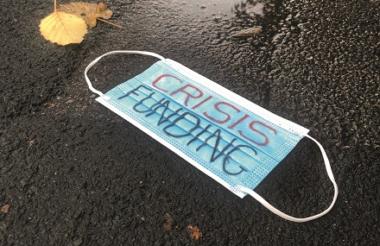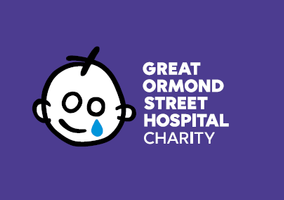Charity sector income was down by £200m in the final months of 2020, which will lead to a “capacity crunch” and cuts to services, economists warn.
Cancellation of events and closure of charity shops drove this drop over the final months of 2020, according to a survey by Pro Bono Economics (PBE), conducted in partnership with Charity Finance Group (CFG) and the Chartered Institute of Fundraising (IoF).
November and December are crucial fundraising months for many charities. Almost half of respondents said they raised less in this period 2020 than they did in the same months the previous year and researchers estimate the sector has missed out on at least £200m.
Matt Whittaker, chief executive at Pro Bono Economics, said: “These figures indicate charities raised hundreds of millions less than they usually would over the crucial Christmas giving period. After almost a year in crisis mode, the resilience in the sector for dealing with such financial hits is low.
“That’s resulting in a further capacity crunch, where demand for services outweighs the sector’s power to help. Getting additional resources into this vital sector has to be a priority for the Chancellor as the Budget approaches.”
It has previously estimated that the pandemic led to around 60,000 job losses in the charity sector last year. Its latest survey indicates more to come in 2021.
Indeed, organisations in the sector are warning that they will be forced to make further cuts to both jobs and services.
Cuts to charities’ capacity is expected to impact charitable services, with 42% of respondents saying they are going to have difficulty meeting demand for their services over the coming months.
A quarter, 25%, of respondents that experienced income drops over the festive period say additional cost-saving measures will be required in the coming months, with the same proportion, 27%, saying it means they’ll be less sustainable in the long-term.
One in five charities which reported a drop in income over November and December say they are expecting to have to reduce their staff numbers in the months ahead.
Small charities hit hard
Small charities have particularly struggled over the Christmas period, with one in five, 20%, reporting that they raised less than half their usual income in November and December last year.
Overall, almost half, 46%, of charities raised less than they did over the same time period in 2019.
‘Government relies on our sector to help combat the crisis’
Peter Lewis, chief executive of the CIoF said: “The necessary public health lockdown measures continue to have a significant impact on charity services and activities that so many people rely on.
“While the public have responded generously to the fundraising that has been able to take place, this income is much reduced from previous years due to the limited opportunity to trade and fundraise as normal. Further support must now come - government needs to take action now and raise the Gift Aid level from 20% to 25% which will both incentivise further donations and keep vital services running.”
Caron Bradshaw, chief executive of CFG, said: “Twice as many charities have seen their income decrease than increase, and the magnitude of the losses are much larger than the modest welcome gains. The further cuts to staff and services reported represent losses of capacity and activity at a time when demand and need continues to soar and when government relies on our sector to help combat the crisis.
“The elongated nature of this crisis sees charities’ financial resilience put on a much longer road to recovery while need continues to increase. We must remember that this is not about individual charities and social enterprises surviving or thriving. It is about the overall ability of civil society to meet need. At the upcoming Budget, the chancellor must deliver measures tailored to the sector to reflect the urgent need to support delivery.”
Related articles












